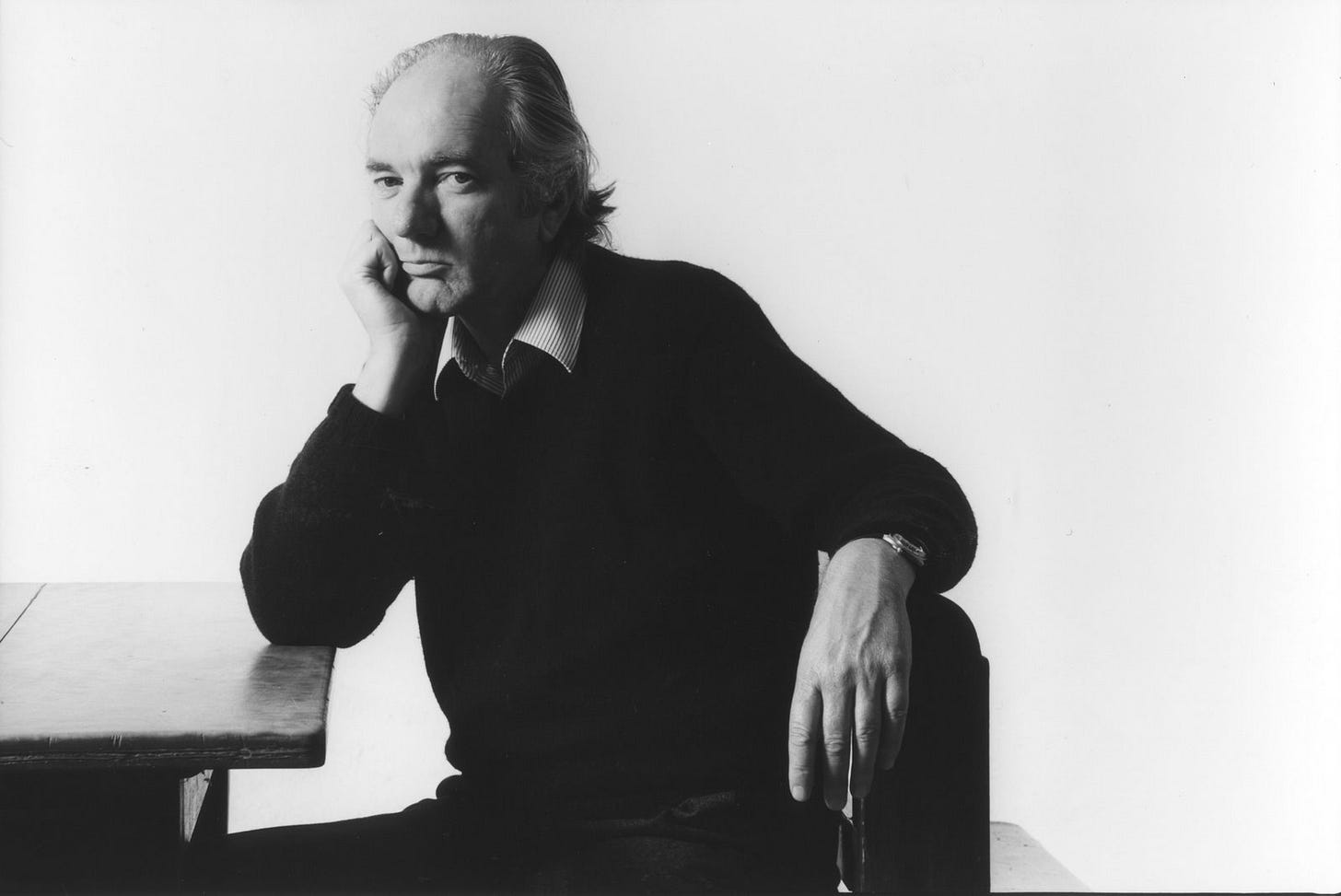Kurz's Vaccine Diplomacy
Sebastian Kurz finds himself the spokesperson for a group of states who feel short-changed by the European Union's vaccine procurement program
Servus!
Chancellor Sebastian Kurz has placed himself squarely in the middle of Europe’s going vaccine wars. As I wrote in a previous newsletter (“Testing Isn’t Working”), Kurz fired the first shot at Brussels at a March 13 press conference at which he accused the EU of failing to allocate the doses it had procured for the bloc in an equitable fashion. He described the procurement of vaccines by member states as a “bazaar” and suggested some countries had undertaken secret and perhaps illegal side deals in order to procure additional doses of certain jabs.
In doing so, Kurz became the de facto spokesperson for a group of countries including Czech Republic, Slovenia, Bulgaria, and Latvia who claim to have been done in by the EU’s vaccine procurement and distribution program. Indeed, to look at vaccination rates across the bloc is to see that while most member states have been able to issue somewhere between 15 and 18 doses per 100 residents since vaccination began in January, Bulgaria lags behind on 6.3, Latvia on 6.7, and Croatia on 11. Malta, on the other hand, has raced ahead with 37 doses per 100 residents.
Kurz has been able to step into this role even though Austria itself cannot rightfully claim to be one of these left-behind states. Austria’s vaccination rate is comparable to neighbouring states like Germany, Italy, and Slovakia. Over 15 percent of the eligible population (those aged 16 and over) have now received the first dose of a coronavirus vaccine according to the government’s own statistics. This led to the rather bizarre sight of Kurz holding up a virtual summit of the European Council last week, demanding more vaccine doses for a state that was entitled to none, and coming away as such empty-handed.
Now Kurz is reportedly threatening to hold up the purchase of 100 million doses of the Pfizer/BioNTech vaccine unless Austria is given what he sees as its fair share. Why? On the one hand, he would appear to be covering his own behind. The chancellor knows all too well that, if there is a disparity in the allocation of vaccines within the bloc, it is because the member states themselves designed the program that way. Per the European Commission:
Member States decided to depart from the Commission's proposal by adding a flexibility which allows agreeing on a different distribution of doses, taking into account the epidemiological situation and the vaccination needs of each country. Under this system, if a Member State decides not to take up its pro rata allocation, the doses are redistributed among the other interested Member States.
At least once, the Austrian government missed the boat when it came to procuring extra vaccine doses. With the recently-approved single-shot Johnson & Johnson vaccine, for example, Austria only moved to purchase 60 percent of its possible allocation. And back in January, the top mandarin in the health ministry, Clemens Martin Auer, allegedly neglected to pass on his minister that there was an option to purchase additional doses of the Pfizer/BioNTech jab. Austria made its AstraZeneca bed and must now take to it.
On the other hand, Kurz would appear to be engaging in a kind of vaccine diplomacy. Thomas Mayer in the Standard:
In spite of the headwinds coming from the EU’s western states, Kurz scored an important victory [at the summit]: his partners in the east are thankful to him. It was the “Ösi” in central Europe who went on the offensive and addressed the danger of a drift when it came to the vaccination rates in Europe’s poorer eastern member states. Not Merkel. Not the European Commission. That recognition is something Austria will eventually make use of.
Akin to his previous courtship of the Visegrád Group made up of Poland, Hungary, the Czech Republic, and Slovakia, Kurz has seized on vaccine inequity in order to extend Austrian soft power further and deeper into central and eastern Europe.
Bis bald!
“My life was a life with a phantom – indeed a demon – at my side,” Peter Fabjan writes of his half-brother, the Austrian writer Thomas Bernhard, in his new book, A Life Alongside Thomas Bernhard: A Report. You can read more in my piece for the Guardian.
Thank you for subscribing to the Vienna Briefing. Do you know someone who would be interested in receiving this newsletter? Consider sharing it with them today.
Another Lockdown
Vienna will enter into a mini-lockdown over the Easter period. A 24-hour curfew with exemptions will be in effect April 1-11, during which time shops, hairdressers, and museums will close. A further extension of the lockdown cannot be ruled out, mayor Michael Ludwig said Monday.

Russian Jabs?
Austrian authorities are currently in negotiations with their Russian counterparts over a possible delivery of one million doses of the Sputnik V coronavirus vaccine. The first 300,000 doses would arrive in April. The Russian jab has yet to be approved by the European Medicines Agency.
Airline Cuts Posts
Austrian Airlines announced Thursday they are to cut more than 650 jobs between now and 2023 as part of cost-saving measures designed to mitigate the impact of COVID-19 on the travel industry. In 2020, the airline received a €450 billion bailout from the Austrian government.




